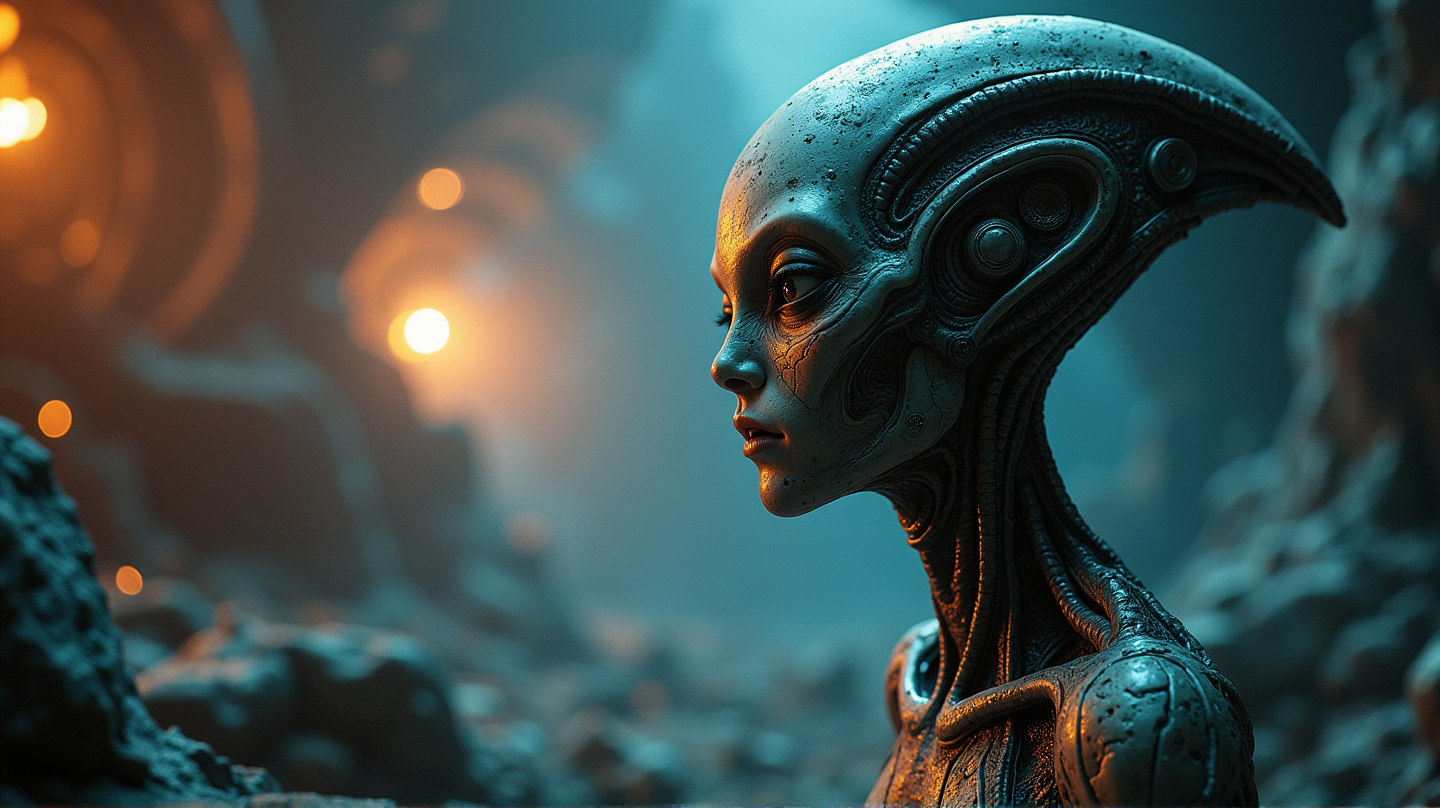Are Alien Civilizations Destined to Collapse? A Scientist's Bold Prediction
Can we ever reach the stars? A new hypothesis suggests a universal technological limit halts alien and human progress in interstellar travel.

In the vast and enigmatic cosmos, the quest for intelligent life has intrigued both scholars and dreamers. Yet, despite our technological advances, we remain in lonely silence. Could this be due to an invisible boundary limiting technological progress? Enter the Universal Limit of Technological Development (ULTD), a provocative hypothesis proposed by Antonio Gelis-Filho.
The Invisible Ceiling of Progress
Gelis-Filho, a researcher in public policy, suggests a universal technological ceiling impedes civilizations from reaching the stars. Dubbed the ULTD, this concept posits that a cap on technological prowess halts societies before interstellar glory can be achieved. Posing a sobering question: Are we eternally bound to our cosmic corner?
Resource Constraints: The Financial Black Hole
Advancements in science are costly endeavors. The mammoth price tags of projects like the Large Hadron Collider and the International Space Station highlight the resource-heavy cost of scientific growth. As these expenses soar, the potential for groundbreaking innovations appears to diminish, suggesting a slow approach towards Gelis-Filho’s suggested ceiling.
Complexity: A Double-Edged Sword
Complex societies risk overburdening themselves, potentially suffering the same fate as ancient civilizations felled by complexity and scarcity. Gelis-Filho argues this could apply to extraterrestrial societies as well, preventing them from achieving the necessary strides for cosmic exploration.
The Scientific Debate
Intriguing yet speculative, the ULTD hypothesis lacks empirical grounding and has met skepticism. Critics argue the hypothesis is steeped in analogy rather than scientific rigor. Without solid data backing it, the notion struggles for traction within the scientific domain.
The Eternal Question: Are We Alone?
The concept of a universal technological limit challenges our assumptions about space and technological advancement. It beckons us to ponder: Are we nearing our own limits, or is the universe’s bounty yet to be truly unveiled?
As humanity stares into the expanse, the thought of a destined end before reaching cosmic heights both captivates and unsettles. But as we innovate and discover, the quest for answers remains as infinite as the stars themselves. According to Rude Baguette, this hypothesis provokes deep contemplation on our future.
In navigating the mysteries of the universe, might new horizons still await beyond the supposed limits we imagine?

